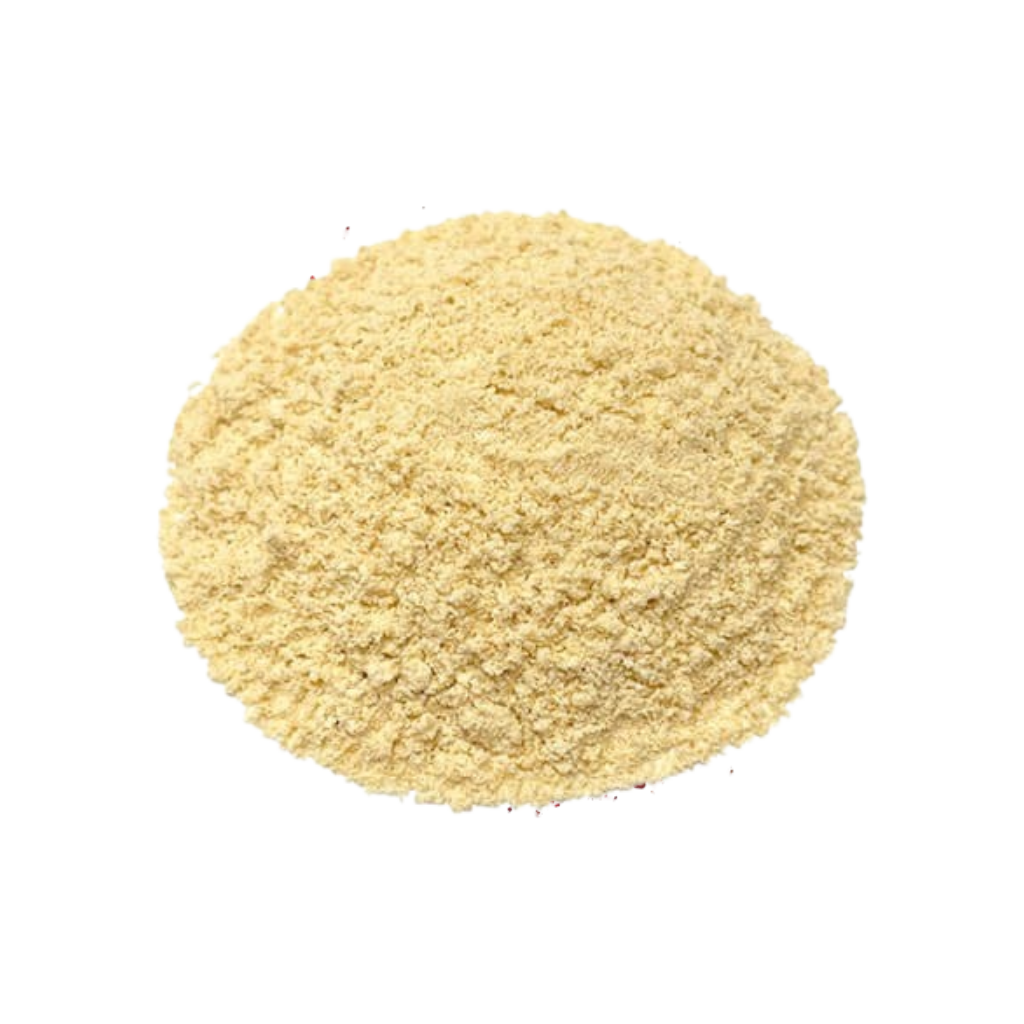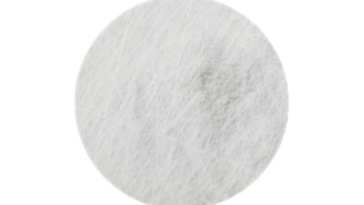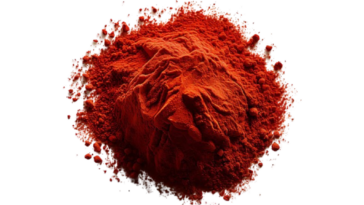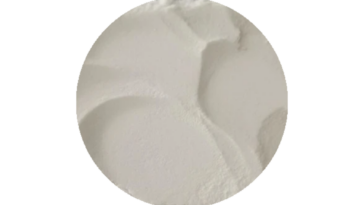Pectin, a polysaccharide present in the cell walls of fruits and vegetables, plays a pivotal role in plant structure and function. Structurally, it consists of long chains of galacturonic acid units, often methyl-esterified, creating a network that helps give fruits and vegetables their rigidity and shape.
Here’s a breakdown of the science behind pectin:
- Soluble Fiber: Pectin belongs to the category of soluble fibers, which means it dissolves in water to form a gel-like substance in the digestive tract. This gel-forming property helps to slow down digestion, promoting a feeling of fullness and aiding in the regulation of blood sugar levels. As it moves through the digestive system, it can also bind to cholesterol, aiding in its removal from the body and potentially reducing the risk of cardiovascular diseases.
- Thickening Agent: Due to its ability to form a gel when combined with water and heat, pectin is widely used as a thickening agent in the food industry, particularly in jams, jellies, and preserves. When heated with sugar and acid, such as in the process of making jam, pectin molecules interact to form a three-dimensional network, trapping water and giving the mixture its characteristic gel-like consistency.
- Potential Health Benefits: Beyond its culinary applications, pectin has garnered attention for its potential health benefits. Its soluble fiber content makes it beneficial for digestive health by promoting regular bowel movements and preventing constipation. Moreover, its ability to form a gel in the digestive tract may help to lower cholesterol levels and improve heart health.
- Vegan and Natural Source: Pectin is entirely plant-derived, making it a naturally vegan ingredient. It is abundant in various fruits and vegetables, with particularly high concentrations found in apples, citrus fruits, plums, and carrots. Commercially, pectin is typically extracted from citrus peels or apple pomace, the residual pulp left after juicing apples. This extraction process involves heating the peels or pomace with acid to release the pectin, which is then purified and concentrated for use in food products.
In summary, pectin’s unique properties as a soluble fiber and its role in plant cell walls make it a versatile ingredient with both culinary and potential health benefits. Its natural abundance in fruits and vegetables, coupled with its vegan and plant-based origins, further enhance its appeal as a valuable component in various food products.
Vitamins & Minerals:
Pectin itself doesn’t contain a significant amount of vitamins and minerals. It’s a soluble fiber found in fruits that helps with thickening jams and jellies.
Commercially available pectin mixes, however, may have added sugars and sometimes even vitamins and minerals depending on the brand. These additives are not inherent to pectin, though.
Probiotic, Prebiotic, or Postbiotic:
Pectin is considered a prebiotic. Prebiotics are non-digestible fibers that stimulate the growth or activity of beneficial bacteria (probiotics) in the digestive system. Pectin is a type of soluble fiber found in fruits like apples, citrus fruits, and berries. It acts as food for the beneficial bacteria in the gut, promoting their growth and activity.
Dietary & Health Information:
Pectin is a soluble fiber found in the cell walls of fruits and vegetables. It is a complex carbohydrate that our bodies can’t fully digest. As it passes through the digestive system, pectin absorbs water and forms a gel-like substance. This gel can have several health benefits, including:
- Lowering cholesterol: Pectin can bind to cholesterol in the digestive tract, preventing it from being absorbed into the bloodstream. This can help to lower LDL (“bad”) cholesterol levels.
- Improving blood sugar control: Pectin may help to slow down the absorption of sugar from food into the bloodstream. This can help to improve blood sugar control in people with diabetes or prediabetes.
- Promoting gut health: Pectin acts as a prebiotic, which means it helps to nourish the good bacteria in the gut. This can improve digestive health and reduce the risk of conditions like diarrhea and constipation.
- Aiding in weight management: Pectin can help you feel full for longer, which can help to reduce calorie intake and promote weight loss.
Dietary Sources of Pectin
Pectin is found in a variety of fruits and vegetables, including:
- Apples (especially tart apples like Granny Smith)
- Citrus fruits (oranges, grapefruits, lemons)
- Berries (strawberries, raspberries, blueberries)
- Guava
- Mangoes
- Carrots
- Potatoes
You can also increase your pectin intake by consuming products that contain added pectin, such as jams, jellies, and preserves. However, it’s important to be aware that these products often contain a lot of added sugar.
Pectin Supplements
Pectin is also available as a dietary supplement. Pectin supplements are typically available in powder or capsule form. The recommended dosage of pectin supplements varies depending on the form and the intended use. It is important to talk to your doctor before taking any pectin supplements.
Safety and Side Effects
Pectin is generally safe for most people when consumed in moderation. However, some people may experience mild side effects such as gas, bloating, or diarrhea.
Conclusion
Pectin is a soluble fiber that can offer a variety of health benefits. It can be found in a variety of fruits and vegetables, or you can take it as a supplement. If you are considering taking pectin supplements, it is important to talk to your doctor first.




 No products in the cart.
No products in the cart.